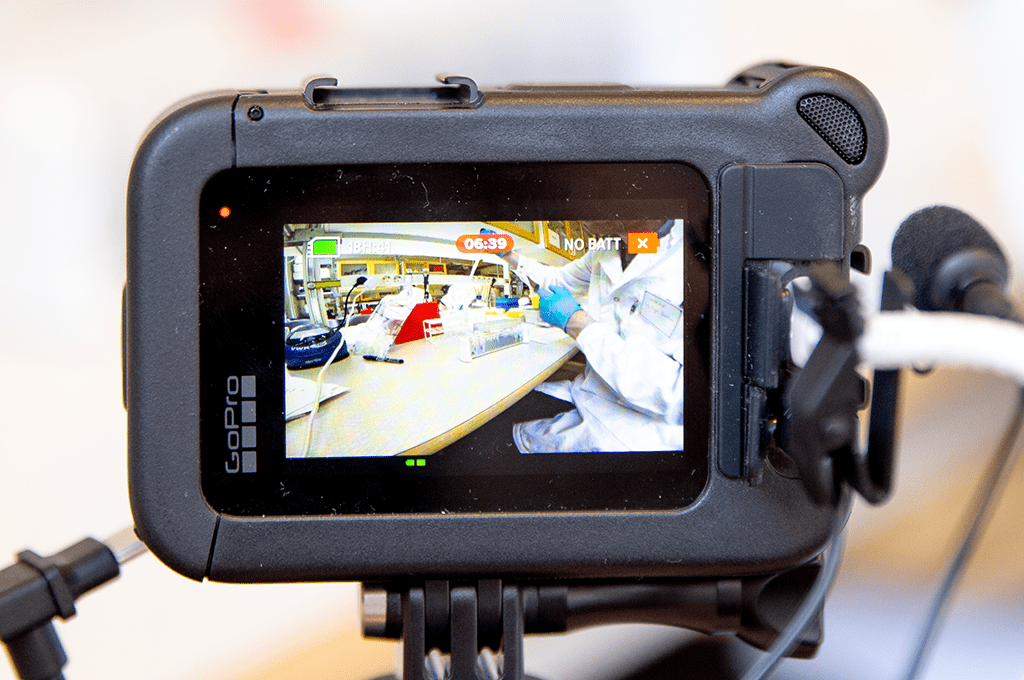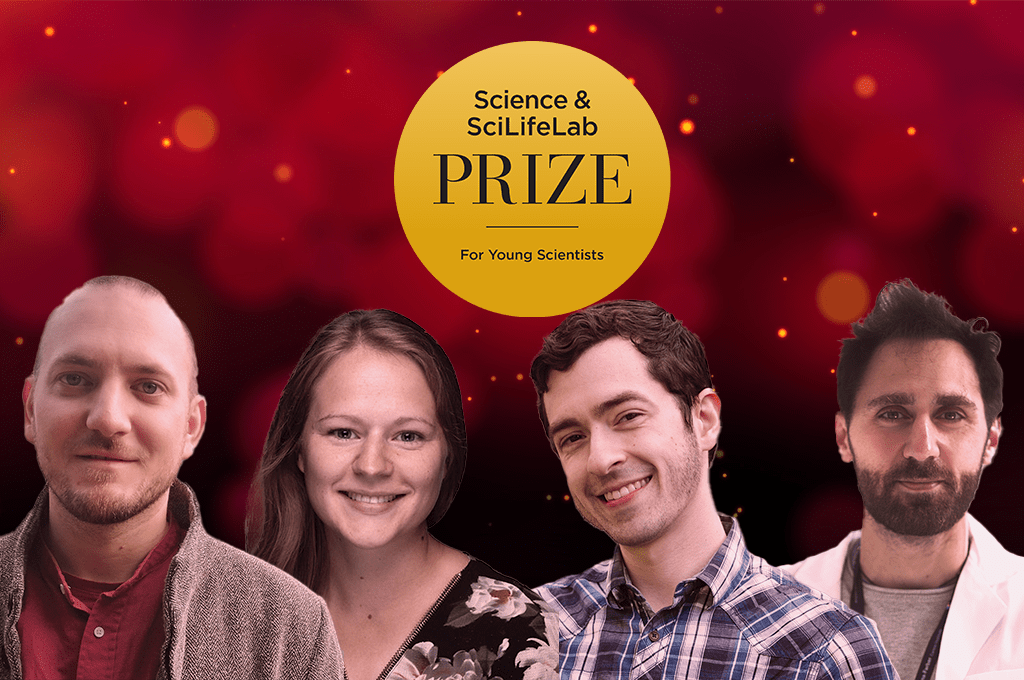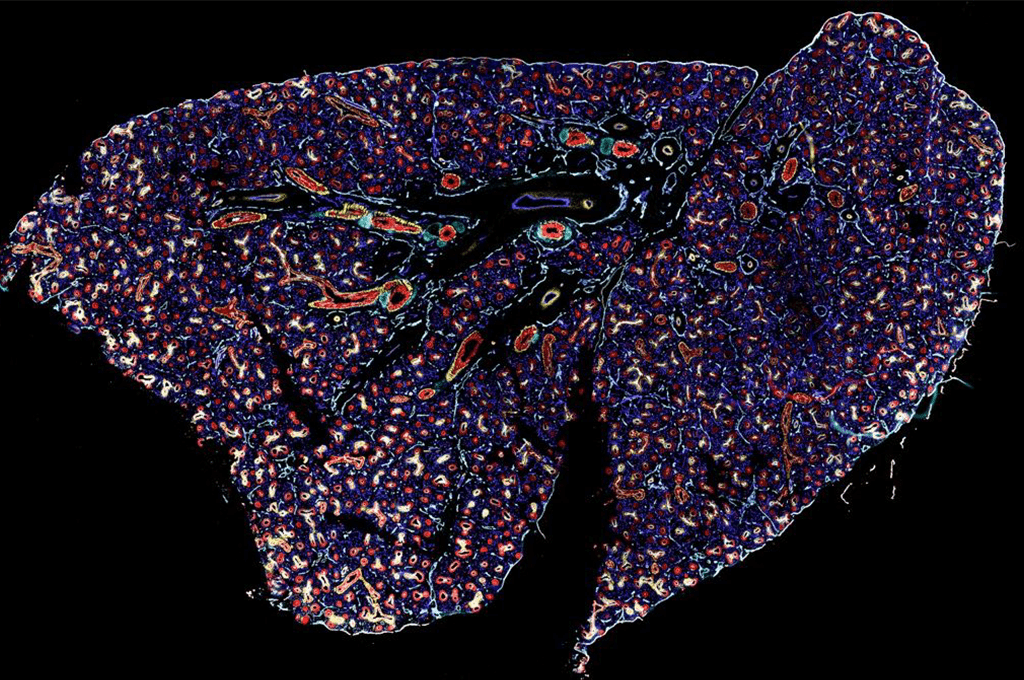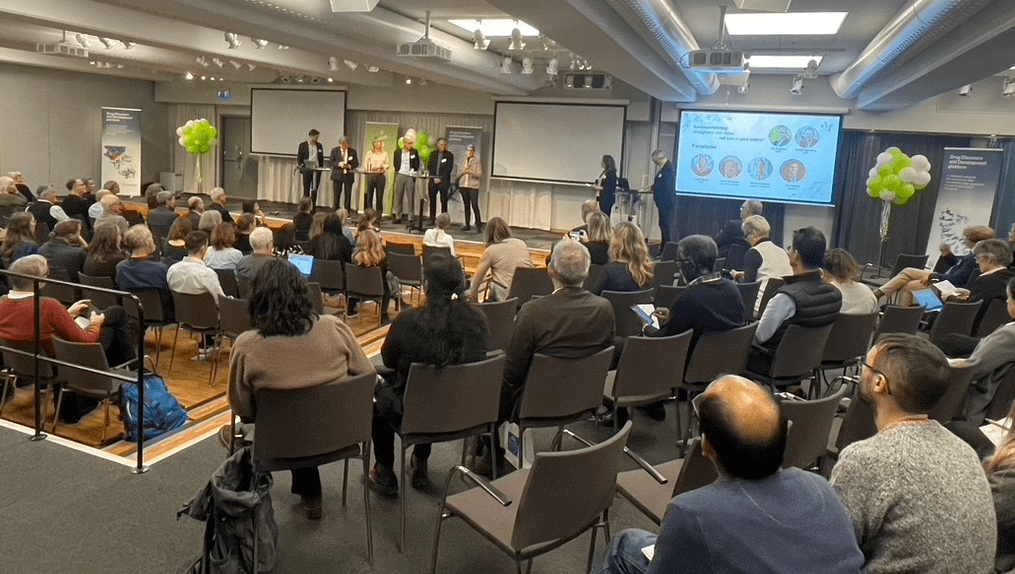Cost-effective method for monitoring new COVID-19 strains
SciLifeLab researchers from Karolinska Institutet have developed a new method, COVseq, that can be used for cost-effective SARS-CoV-2 genomic surveillance at scale. The new method has been demonstrated in Nature Communications.
Ever since COVID-19 was declared a pandemic, researchers have sequenced thousands of viral genomes to monitor the spread and evolution of the SARS-CoV-2 virus. The data can then be used to identify problematic strains that are more contagious, pathogenic, or resistant to existing vaccines.
To be able to monitor the evolution of the SARS-CoV-2 genome globally, it is vital that the methods used for sequencing and analysing are cost-effective. Because of this, SciLifeLab researchers from the Bienko-Crosetto lab, have developed a new method, COVseq, capable of cost-efficiently monitoring the SARS-CoV-2 genome on a global scale.
Multiplex PCR is first used to multiply the viral genome. By using a previous method, developed at the Bienko-Crosetto lab, the samples are then labeled and pooled into a common sequencing library, now ready for analysis.
“By performing reactions in very small volumes and pooling together hundreds of samples into the same sequencing library, we can sequence potentially thousands of viral genomes per week at a cost of less than 15 dollars per sample,” says co-first author Ning Zhang (previously KI), in a news article from Karolinska Institutet.
By comparing 29 positive samples, the researchers could show that the COVseq method had similar abilities to identify small changes in the genome as the more expensive standard method. Furthermore, analysis of 245 additional samples revealed that COVseq also had a high ability to detect emergent coronavirus variants of potential concern.
“Our inexpensive method could immediately be used for SARS-CoV-2 genomic surveillance by public health agencies and could also be easily adapted to other RNA viruses, such as influenza and dengue viruses,” says last author and SciLifeLab researcher, Nicola Crosetto (Karolinska Institutet).
The method was developed in collaboration with researchers at the ‘Amedeo di Savoia’ Hospital and the Candiolo Cancer Institute in Turin, Italy, and was supported by grants from the SciLifeLab/KAW National COVID-19 Research Program.






